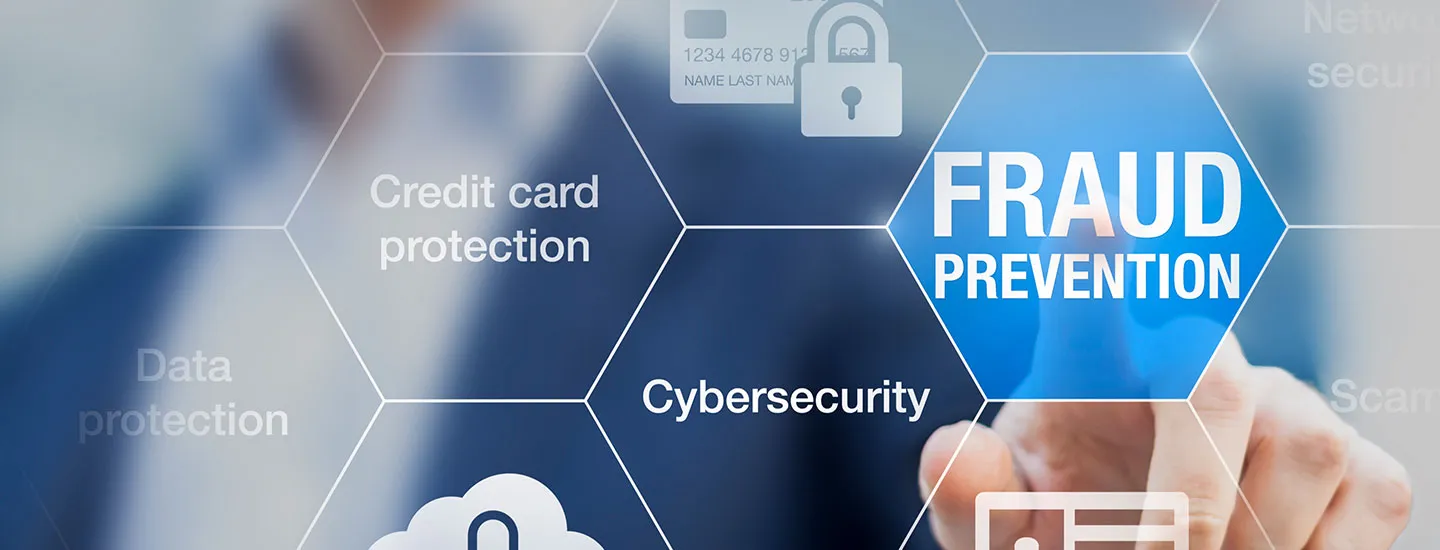Peer to Peer payments, also known as person to person, are transactions that can be used for anything from paying rent to splitting the bill at dinner. This allows two people to transfer funds between each other using their bank accounts or credit cards through a mobile app such as Zelle, Venmo, PayPal, Square Cash, or Google Wallet.
Because it’s so easy to send funds, it’s unfortunately a simple way for scammers to collect funds, too. The intended purpose of these apps is to make a payment to friends, but that’s all; it’s to pay friends not strangers. The apps are not for purchasing and selling goods, especially to those you do not know.
If you authorized the transactions, and by authorized we mean pressed the button allowing the transaction to go through, you will likely not receive your money back if it’s deemed as fraudulent. The majority of the P2P app owners (providers) are protected by their terms and conditions, which typically stipulate that if the payment is authorized, the consumer bears the risk of loss.
Tips to Avoid P2P Fraud:
1. Use the app to pay friends, not strangers.
Providing money to strangers could result in fraud. It’s easier to ask your friend for your money if it was accidently sent rather than a person you’ve never met before.
2. Read the app's terms and conditions.
Some app providers prohibit the use of business transactions, such as buying and selling goods or services. Be sure to read the terms and conditions before it causes a loss to you due to fraud.
3. Review your transaction before you send it.
Make sure it’s going to the right person. Review the username, address, or phone number of the person you’re sending the money to.
4. Keep the app up to date.
Scammers can hack faster if the security features have not been updated.
5. Opt-In for stronger security if the app allows it.
Examples include two-factor authentication or creating a pin for purchases.
6. Contact the P2P provider.
Before making riskier purchases, there’s always the option to call the P2P provider and ask what can be done if a risky transaction occurs and how/if you’d be covered.
Steps to take if you’ve been scammed:
1. File a police report.
When providing a police report, it shows the P2P app providers that you’re serious about wanting your funds returned and the transaction truly is fraud.
2. Report it to the Better Business Bureau.
If your P2P service provider can’t help you, file a report with the Better Business Bureau. Accredited companies are required to respond to the BBB. You can also report it to the CFPB’s Consumer Complaint Database.
This bureau has a policy that if you report it to them, they will report it to the P2P service to resolve the issue so you’re not alone when it comes to filing the complaint. Also, there’s a chance that what has happened to you is happening to someone else.



